Whether you have a substance use disorder, a mental health condition, or an eating disorder, finding the most qualified treatment center to address your specific needs is key to a successful outcome. Knowing what questions to ask makes it more likely you will find the best treatment options for your situation.
While most treatment facilities are legitimate, some misrepresent their qualifications and the services they provide. That’s why it is vital that you do your homework before committing to a treatment center. We’ve put together a series of important questions you should ask when searching for the right program for your needs.
Identifying a Reputable Recovery Program that Meets Your Needs
Is the program licensed and credentialed?
Reputable programs are licensed by their state and accredited by a third-party group like the Joint Commission, an independent, nonprofit organization that certifies health care organizations and programs in the United States. To achieve accreditation, the program and staff must adhere to the highest standards of care.
In Florida, certification as a recovery residence by Florida Department of Children and Families ensures the facility meets health care standards related to substance use and mental health.
Membership in the National Association of Addiction Treatment Providers also indicates a commitment to training, leadership and advocacy. Members push for high-quality addiction services to be available to those who need them across the country.
Questions to ask about accreditation include:
- Are you Joint Commission or CARF accredited?
- How many years have you had your accreditation?
- Do you belong to any other industry organizations, such as the National Association of Addiction Treatment Providers?
How long has the program existed?
Programs in operation for 10 years or more have a proven track record. Ask how long they have been treating your specific disorder and any co-occurring disorders.
Does the facility provide inpatient and residential care program options?
While every program is unique in its offerings, a reputable treatment center will ensure you enroll in the level of care that best fits your needs.
What are the program’s treatment protocols?
Different programs use different approaches to treatment. Many programs incorporate evidence-based treatment, which means their approach to care has been validated by outside research. To help determine what types of treatment protocols a particular center uses, consider asking:
- What evidence-based psychotherapeutic approaches do they use?
- Do they use medication assisted therapy?
- How do they assess whether the program is working?
- What program results related to your specific disorder can they share with you?
- How do they treat co-occurring disorders like (your specific disorders)?
- How do they stay up to date on the latest research and treatment approaches for (your disorder)?
- What is the expected program duration?
Insurance
Always call your insurance provider to confirm coverage of addiction or mental health services. Important questions to ask a potential treatment provider about insurance include:
- Do they accept your insurance?
- Are they in-network or out-of-network?
- Do they bill your carrier, or is that your responsibility?
- If you do not have insurance, what is the program cost? Is there a sliding scale? When is payment due?
Family Participation and Aftercare
Most reputable treatment programs incorporate some element of family therapy or participation. Make sure to ask the following questions of a potential treatment provider:
- Is my family encouraged to take part in the treatment program? In what ways?
- Is there an aftercare program for alumni and families? What does it provide?
Red Flags
As stated above, most treatment facilities are legitimate, licensed entities offering quality treatment programs. However, some engage in unethical marketing practices that may affect patient care. The following questions may help you detect unethical practices:
- Does the program offer airline tickets, free rent, or other inducements? If yes, this could indicate illegal patient brokering or, in some states, fraudulent inducement.
- If you are considering a sober home, are referral fees paid to the sober home from a treatment center if residents enroll at that center? Doing so may suggest illegal transactions.
By taking the time to find the treatment program you need and deserve, you increase your chances of long-term success.
Turning Point of Tampa has been offering Licensed Residential Treatment for Addiction, Eating Disorders and Dual Diagnosis in Tampa since 1987.


